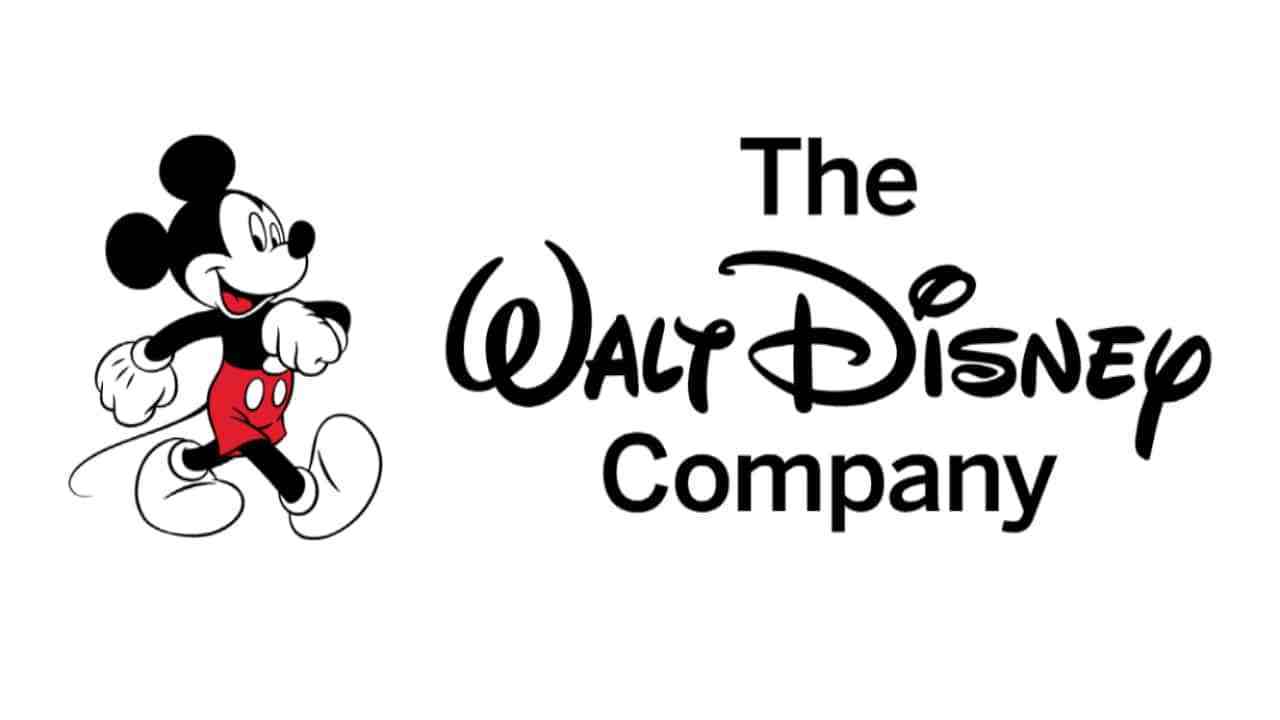Everybody has heard of the amazing success of Black Panther this year. The movie is an all-time blockbuster and it just stepped into third place all-time in the U.S. box office charts. By a wide margin, it’s the top movie of the year. Now, you’d be forgiven for thinking that Ready Player One or Fifty Shades Freed or, yes, even Peter Rabbit was number two, but that would only be the case if you were strictly speaking about money made in the United States. As I’ve written about before, we are in a world where the U.S. box office now plays second fiddle to worldwide audiences.
Case(s) in point: Operation Red Sea and Detective Chinatown 2. What, you haven’t heard of these two blockbusters? Operation Red Sea has made a hugely lucrative $568 million this year, with Detective Chinatown 2 coming up a little shorter of that at $531.9 million. These two movies are the #2 and #3 films of the year, worldwide, handily beating Ready Player One right now which has “only” made $391.3 million to date.
One studio which has focused on the worldwide market to great success is Warner Bros., who holds three spots in the worldwide box office top 10 as well as one more film right there at #11. First, Warner Bros. scored huge with a distribution deal for Detective Chinatown 2. Then, they wrangled up some more foreign money with Ready Player One, Tomb Raider and Paddington 2. Of course, to the U.S. movie-goer, Tomb Raider might be considered a flop, having only earned $55 million on a budget of $94 million. But overseas, Tomb Raider pulled in nearly four times as much money with a worldwide total sitting at $262 million. If it weren’t for the foreign film-goer, Tomb Raider likely would have been a money loser, but the movie is doing so well across the globe that it may get a sequel even as Americans largely shrug and go about their day.

That was the case for another foreign box office biggie: Pacific Rim Uprising. Five years ago, the first Pacific Rim made $101 million in the States, hardly enough to justify its $190 million budget. But its giant-robots-versus-giant-monsters premise was more popular in Asia, helping it to gross another $309 million and greenlighting a sequel. Pacific Rim Uprising ditched some of its cast for a more China-centric angle (adding overseas star Rinko Kikuchi). With a lowered budget at $150 million, Uprising was the one shrugging when U.S. opening weekend totals were low. Having only made $54 million at home, the movie is again bringing in big audiences overseas, so far pocketing another $212 million since its debut.
It isn’t the case that the United States is insignificant to a movie’s worldwide total. Most Marvel films, for instance, bring in about 40% of their incomes locally. But that 60% of worldwide grosses are growing now to 65 to 70%. Black Panther is an outlier, drawing huge totals overseas and at home, earning a huge 51% of its grosses in the United States. But Operation Red Sea and Detective Chinatown 2 — again, the #2 and #3 movies of the year worldwide — only combined to make $3.5 million in the U.S. That is a statistically insignificant amount to their totals. Outside of Black Panther, only one other film, in fact, made more than 40% of its money in America — Peter Rabbit with $113.3 million dollars. Every other top ten film this year has made the vast majority of their money in other markets.
Warner Bros.’ Ready Player One has scored 75% of its money overseas. Tomb Raider‘s foreign totals are 79% of its grosses. Paddington 2, at #11, made 82.9% of its money in other countries (with a big boost in a traditional movie market, England). So what is the trend here? Well, big robots aren’t going anywhere, for one. Transformers has long relied on its international appeal to keep churning out mediocre movies. But the days of big-budget movies catered to western audiences alone may have ended this year with the flop that was A Wrinkle In Time.
Hailed as a “must see” and “important” movie for reasons that American critics are sensitive to, foreign audiences couldn’t be bothered. The $90+ million the movie made here in the United States is good enough for fifth this year, but the paltry $20 million it managed to scrape up outside the U.S. have put the movie into flop territory. The budget for A Wrinkle In Time isn’t available on tracking site Box Office Mojo, but with major stars filling out its roles plus hundreds of shots of special effects, the movie couldn’t have been cheap. It is Disney’s biggest misfire in years.
All of this is great news if you like movies with Kaiju, giant robots, and monkeys wielding swords, as in the $100 million-plus-earning The Monkey King 3. I think it’s incredibly easy to imagine that the Operation Red Seas and Monster Hunts of the world will begin to push harder into the U.S. than it is that U.S.-politically-appealing films like A Wrinkle In Time will begin to push out into those other markets. And if the studios have a choice between making $90 million in the U.S. or, say, the $530 million abroad that Warner Bros. made for Detective Chinatown 2, well, you can guess where the financial backing will go. Fortunately, there will always be Marvel movies.
What do you think about the current state of the worldwide box office and would you like to see more of these high-grossing Chinese movies? Even better, do domestic movie production companies have a duty to try and keep appealing first and foremost to American audiences? Tell us below!
Don’t forget to share this post on your Facebook wall and with your Twitter followers! Just hit the buttons on the top of this page.
 FOR FANBOYS, BY FANBOYS
Have you checked out LRM Online’s official podcasts and videos on The Genreverse Podcast Network? Available on YouTube and all your favorite podcast apps, This multimedia empire includes The Daily CoG, Breaking Geek Radio: The Podcast, GeekScholars Movie News, Anime-Versal Review Podcast, and our Star Wars dedicated podcast The Cantina. Check it out by listening on all your favorite podcast apps, or watching on YouTube!
Subscribe on: Apple Podcasts | Spotify | SoundCloud | Stitcher | Google Play
FOR FANBOYS, BY FANBOYS
Have you checked out LRM Online’s official podcasts and videos on The Genreverse Podcast Network? Available on YouTube and all your favorite podcast apps, This multimedia empire includes The Daily CoG, Breaking Geek Radio: The Podcast, GeekScholars Movie News, Anime-Versal Review Podcast, and our Star Wars dedicated podcast The Cantina. Check it out by listening on all your favorite podcast apps, or watching on YouTube!
Subscribe on: Apple Podcasts | Spotify | SoundCloud | Stitcher | Google Play




